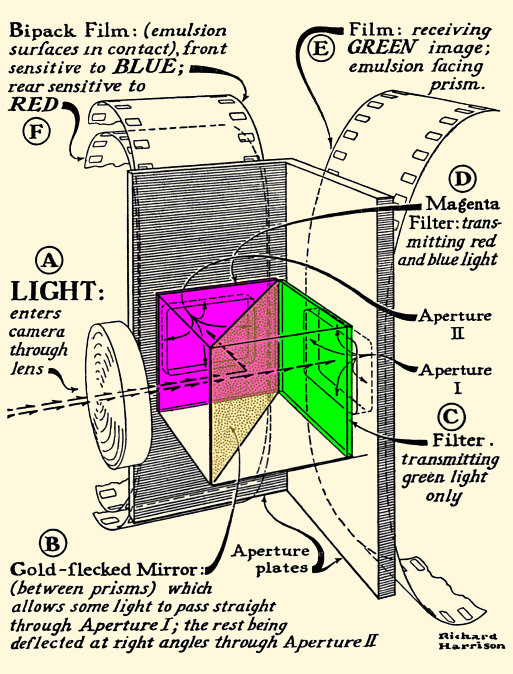
Film processors, even of high-end motion pictures, were about to see their customers migrate en masse to superior, more flexible digital platforms.

When Fred Rose became CEO of Technicolor in September 2008, it was at the losing end of a business school case study of creative destruction.
FILMS MADE USING TECHNICOLOR PROCESS 3 MOVIE
So they thoughtfully set me up with CEO Frederic Rose, who turned a dying film processing business into a digital production dream factory with one eye on the bottom line and the other on the future, and the amazing promise of fully immersive digital entertainment that puts you, literally, inside the movie or video game. As Turner showed me the work of Technicolor's advertising effects studio, The Mill, I wondered out loud, "don't you guys develop film anymore?" The answer is no. VR is so much more enjoyable when someone else has already done the tiresome downloading and calibration needed to set up each experience, no matter what the system. I demo'd several experiences which are curated by staffers who personally attend visitors.

Their executives are especially interested in the home of the future and the role the router and set top box will play in that connected home electronic ecosystem now known as The Internet of Things, or IoT.

Technicolor is now the #2 player in the "connected home" category, making set-top boxes and gateways for partners like DirectTV. They create and manage digital assets, from conception to the home. Technicolor touches 70% of studio movies, but they don't process film anymore.


 0 kommentar(er)
0 kommentar(er)
